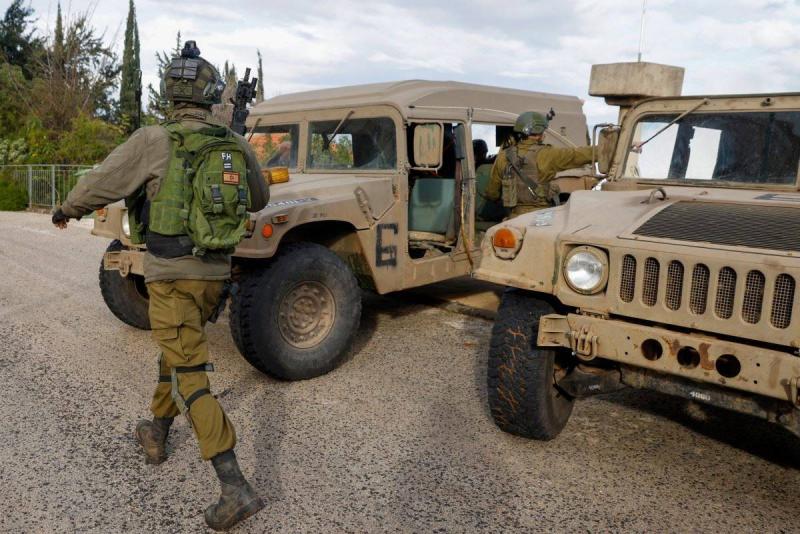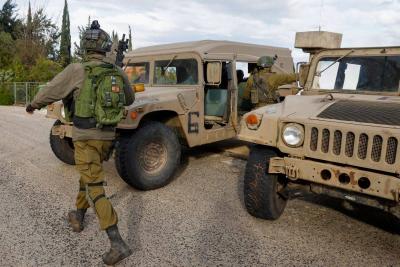After the Israeli army announced on Wednesday that operational plans for an attack on Lebanon to stop attacks from Hezbollah had been approved, many questions arise regarding the nature of this war, the resulting casualties, and the likelihood of its expansion. Israeli Foreign Minister Israel Katz confirmed on Tuesday that "in the event of a comprehensive war, Hezbollah will be destroyed, and Lebanon will face serious strikes. Israel will pay a price on the home front and abroad, but with a strong and united nation and the full strength of the Israel Defense Forces, we will restore security to the residents of the north."
A report by "Foreign Policy" highlighted the potential scenarios for war between Israel and Hezbollah, stating that the Lebanese group is significantly stronger than Hamas. The magazine, based on estimates from the Center for Strategic and International Studies, noted that Hezbollah is believed to represent the most heavily armed non-state actor in the world. "Foreign Policy" emphasized that Hezbollah has built an advanced arsenal of weapons with help from Iran, Russia, and Syria.
The magazine quoted Michael Oren, who served as Israel's ambassador to the U.S. during the Obama administration, stating that "Hezbollah poses a strategic threat to the State of Israel."
**Hezbollah’s Weapons and Strengths**
According to the Center for Strategic and International Studies, Hezbollah is estimated to possess around 130,000 rockets and missiles capable of disrupting Israeli air defense systems and striking its largest cities. Regarding this number, Oren said, "I have read horrifying estimates of what Hezbollah could do to Israel in three days. We are talking here about destroying our critical infrastructure, oil refineries, airbases, and the Dimona nuclear site."
One of Hezbollah's strengths, as conveyed by "Foreign Policy" through Israeli analysts, is its possession of an extensive tunnel network under Lebanon, similar to that of Hamas. Observers also fear that, unlike the geographically isolated Gaza, Iran has established land and air supply routes to Lebanon through Iraq and Syria, which can be utilized in the event of a comprehensive war.
The report further noted that Hezbollah fighters have gained combat experience in Syria and have rapidly developed their arsenal since 2006. Alongside its military strength, the group's presence among civilians and non-military sites may lead Israel to think carefully before targeting Hezbollah facilities, potentially avoiding international criticism.
According to "Foreign Policy," Jonathan Schanzer, Senior Vice President for Research at the Foundation for Defense of Democracies, stated that Israel’s plan would aim to destroy all aspects of Hezbollah's presence in Lebanon, which would result in significant damage.
**What is Iran's Role?**
According to Daniel Byman, a professor at Georgetown University's School of Foreign Service, the path to de-escalating the crisis on Israel's northern border may likely go through Gaza. Byman explained, "If Hamas agrees to a ceasefire, Hezbollah will respect that too."
An increasing number of officials and analysts in Israel and beyond see Gaza as just one front in a broader war with Iran, and many now believe that escalation with Hezbollah is unavoidable. Regarding this point, "Foreign Policy" quoted Eyal Hulata, a former Israeli national security adviser, stating, "What worries me is that this could serve as a distraction while they (Iran) make unprecedented progress in their nuclear program."
Hulata pointed out that the Israeli government is under increasing pressure to find a solution that allows around 60,000 people displaced by the fighting to return to their homes in communities along the northern border with Lebanon ahead of the new school year in September.




